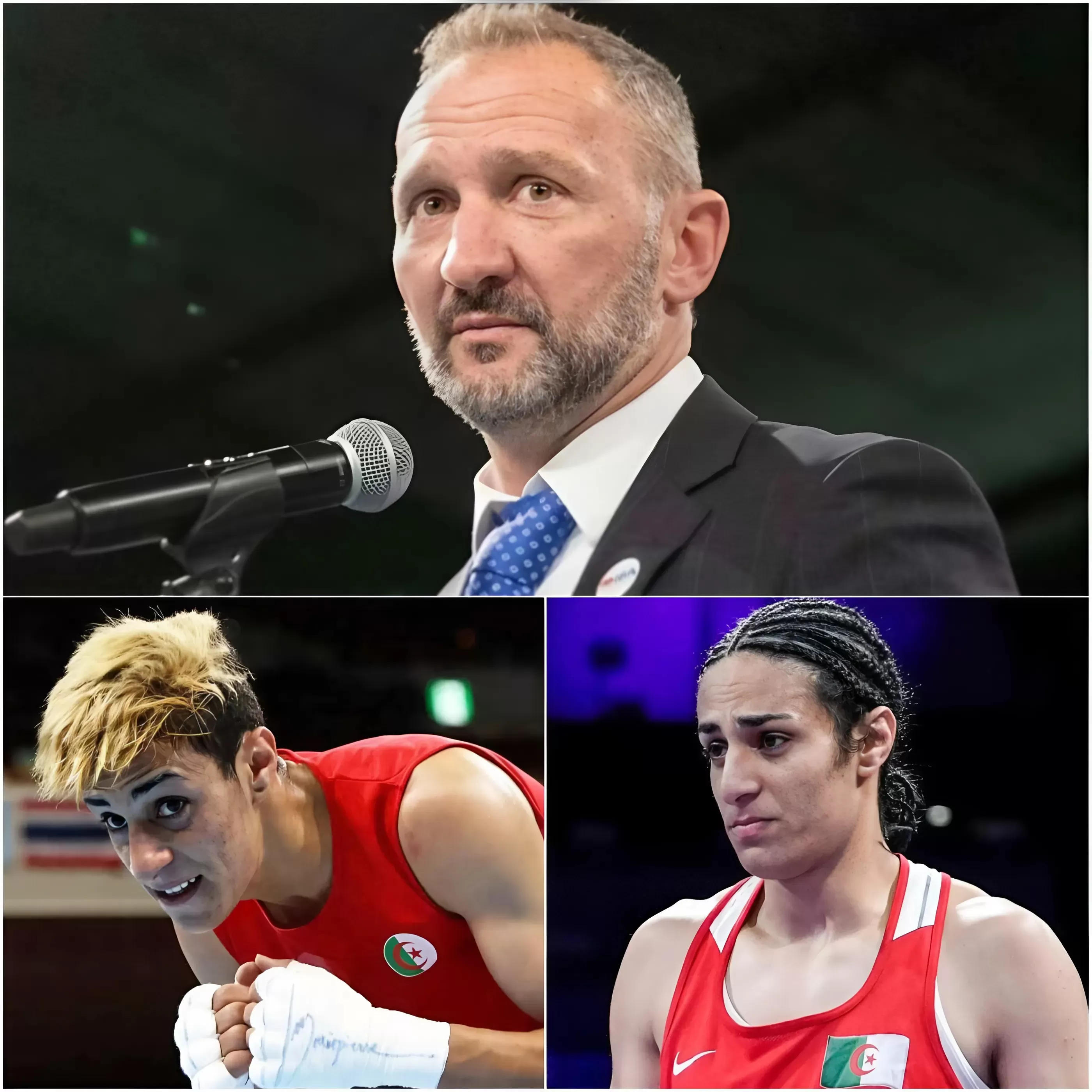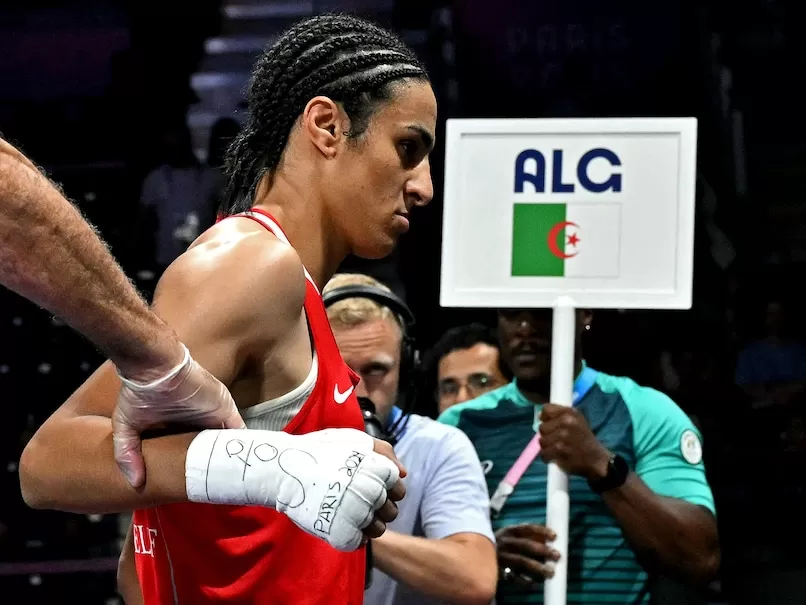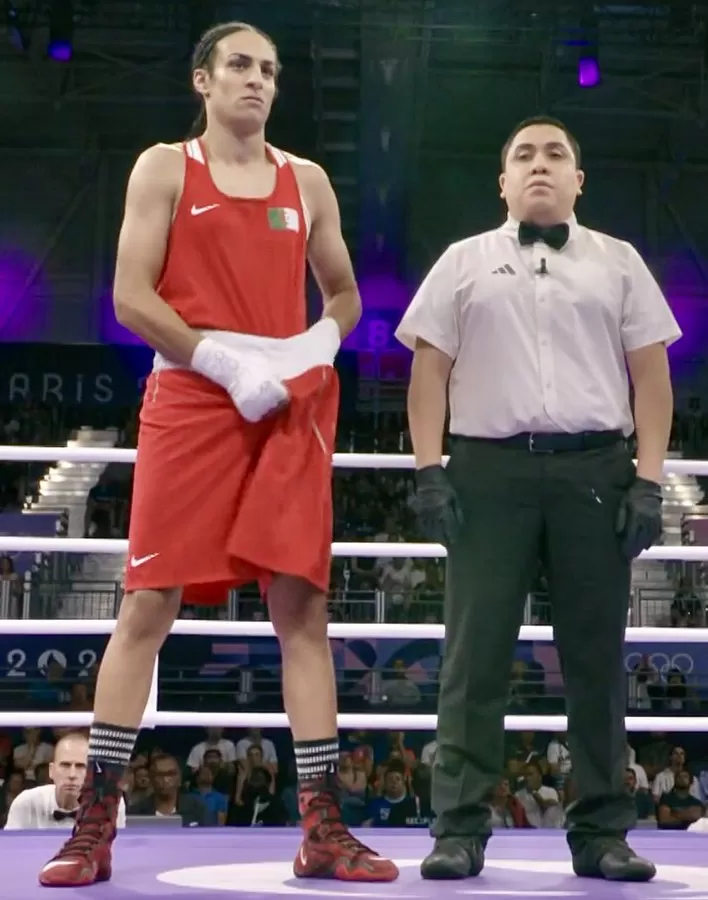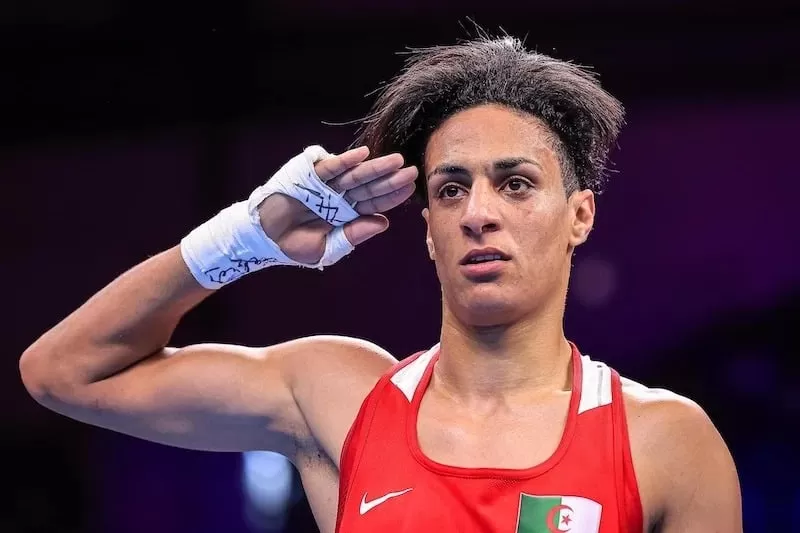In a shocking turn of events, the World Boxing Organization (WBO) has handed down a lifetime ban to Imane Khelif after officially declaring him male. The ruling, which has sent shockwaves throughout the sports world, comes with severe repercussions, including the stripping of all medals Khelif had earned throughout his career, as well as the forfeiture of a staggering $25 million prize.

The WBO’s decision follows months of speculation and controversy surrounding Khelif’s gender, culminating in a definitive announcement that has left fans and fellow athletes in disbelief. The organization’s ruling marks a historic moment in boxing, as it is the first time a fighter has been banned for life under such circumstances.

Khelif, who had built a reputation as a formidable boxer, now faces the complete erasure of his achievements in the sport. The medals he had fought so hard to earn are now void, and the financial rewards he had accumulated have been reclaimed by the WBO.

In response to the ruling, Khelif expressed deep regret, stating, “I really regret it.” These words, though brief, speak volumes about the impact of the decision on his career and personal life. As Khelif seeks redemption, the boxing community is left to grapple with the fallout of this unprecedented situation.

Angela Carini, a fellow competitor who had previously faced Khelif in the ring, has remained silent on the matter. Her response, or lack thereof, is being closely watched by fans and commentators alike, as many wonder how this revelation will affect her career and the sport as a whole.

The WBO’s decision is likely to spark further debate about gender and sports, with this case serving as a pivotal example of the complexities involved in such discussions. As the dust settles, the future of Imane Khelif and the broader implications for boxing remain uncertain